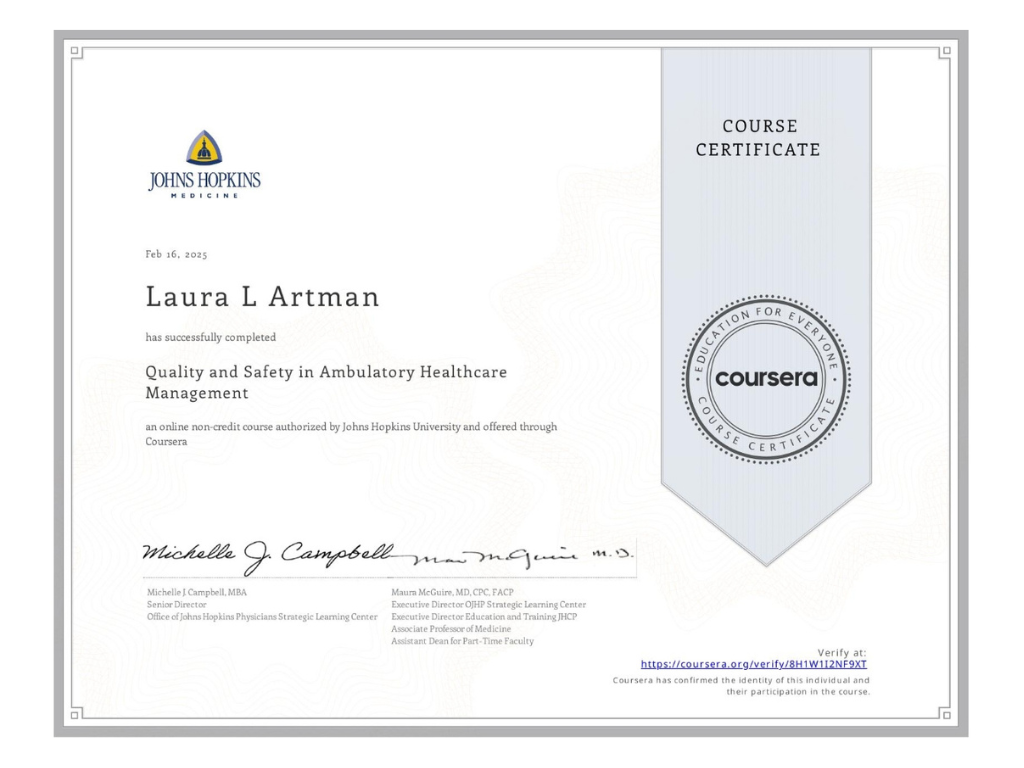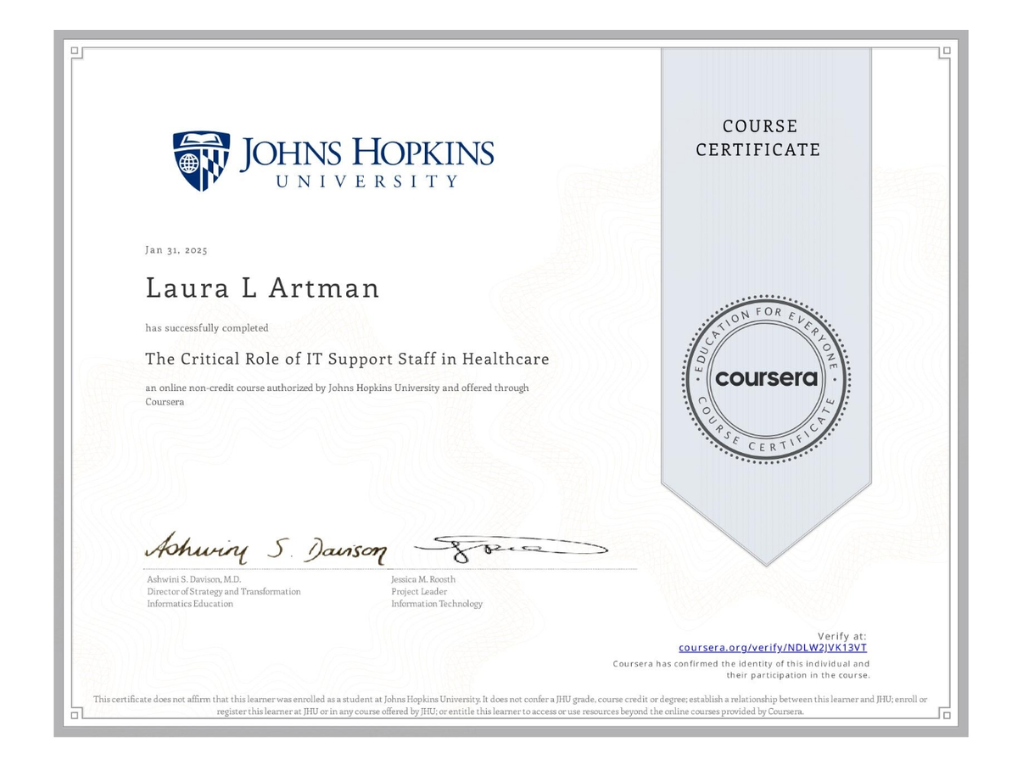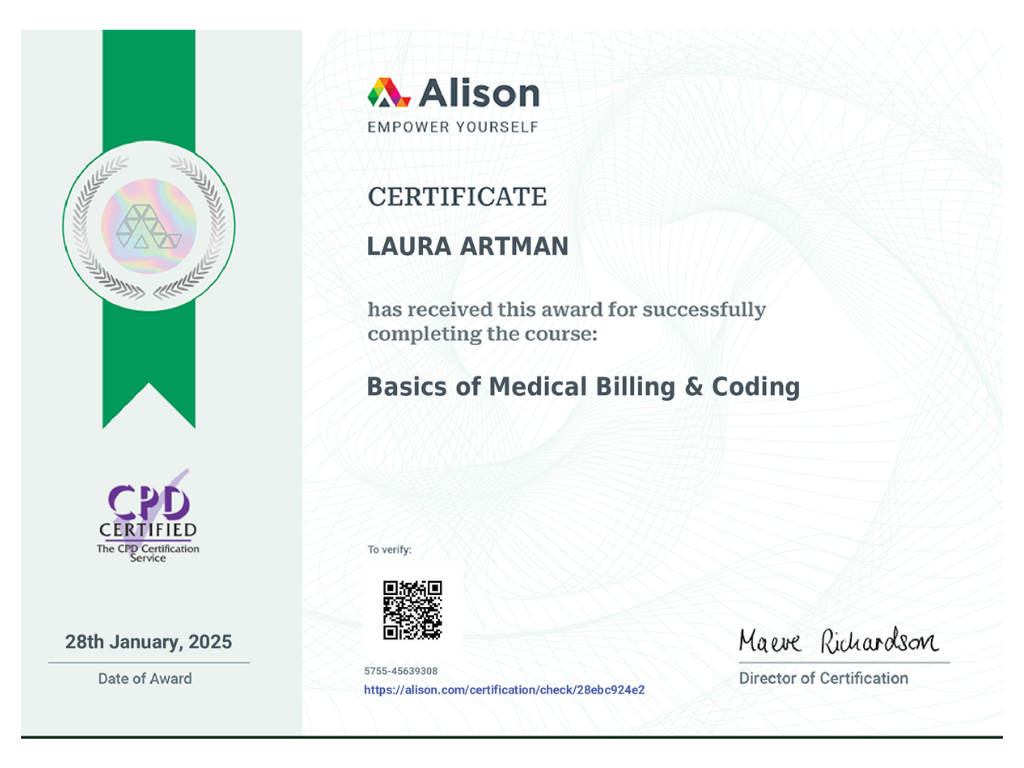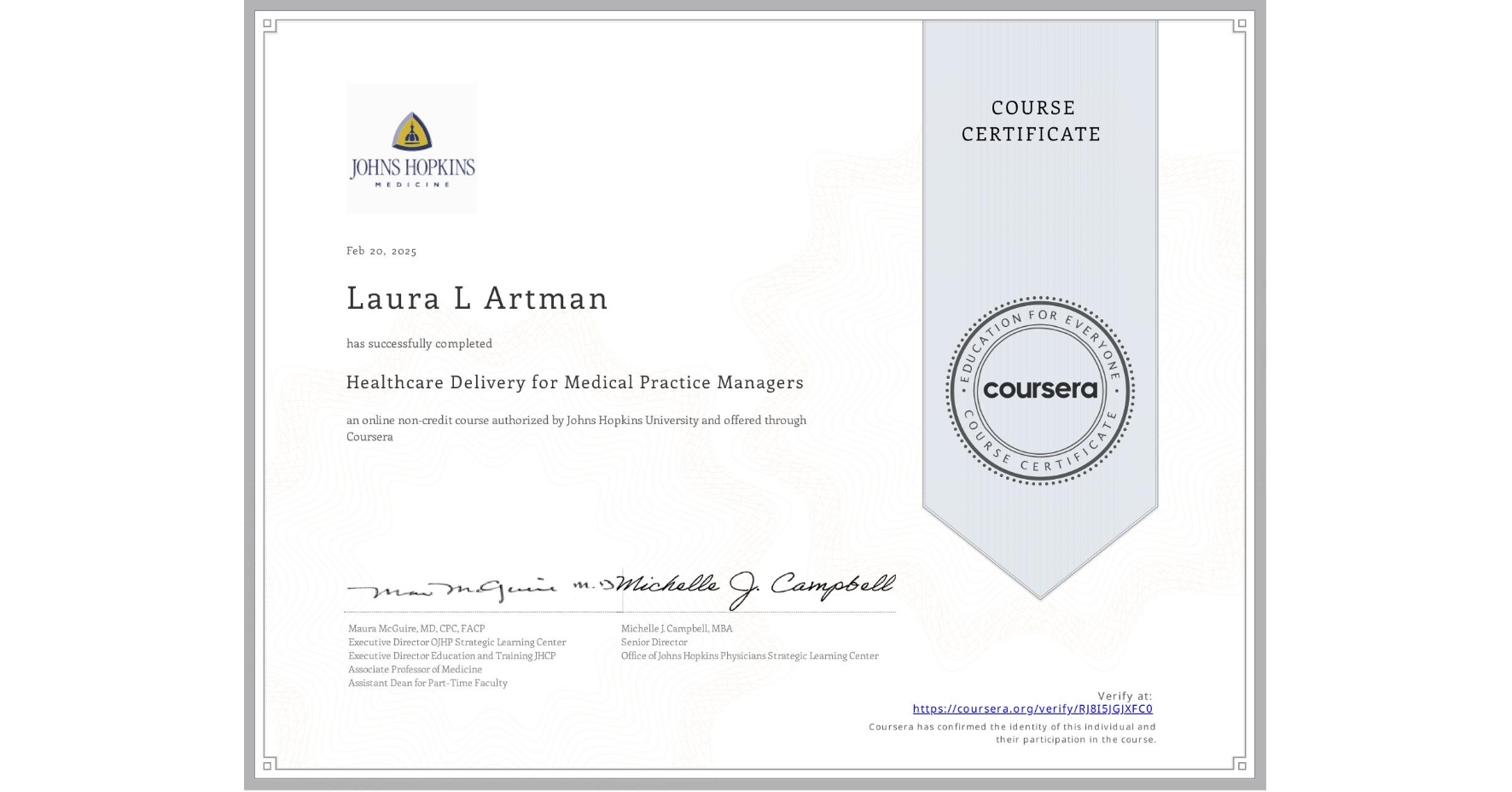Quality and Safety in Ambulatory Healthcare Management
Explored various quality systems in healthcare, including CMS/MIPPS, NCQA, and HEDIS. We will examine the significance of quality systems and their impact on healthcare delivery. Gained an understanding of the role of quality measures and reporting in improving patient outcomes and organizational performance.








